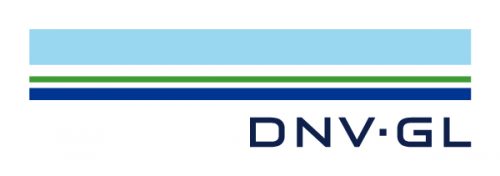2 August 2017
Interview with Carla Ribeiro, Head of Department, Project Development – UK & Ireland, DNV GL – Energy
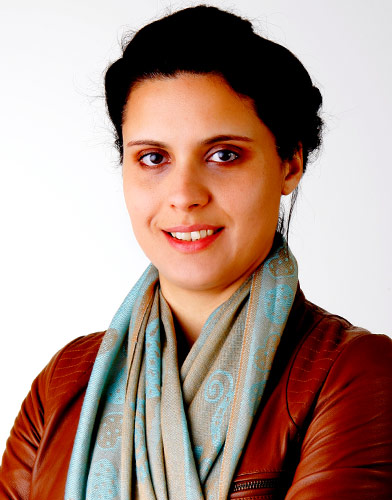
Can you tell our readers a little about your organisation?
DNV GL has a rich history in Europe, particularly within DNV GL – Energy. DNV GL was formed through the merger of a number of organisations, including DNV, GL, Garrad Hassan, KEMA, Windtest and others. All of these companies have a rich history of providing high quality services and products to the renewables and wider energy industry.
In our Energy business area, we have around 2,400 dedicated staff that contribute to providing efficient, affordable and sustainable energy to the world. We are very proud to have worked in almost every country around the world, and have certainly worked in the majority of European countries, in a range of capacities.
We offer advisory and consultancy services to developers, owners and operators of renewables projects (mostly wind, solar, wave & tidal), but also to owners and operators of energy systems. Furthermore, we offer certification services and sustainable energy use consultancy.
As I like to describe it, in essence, we lend our skills to help others make a better world.
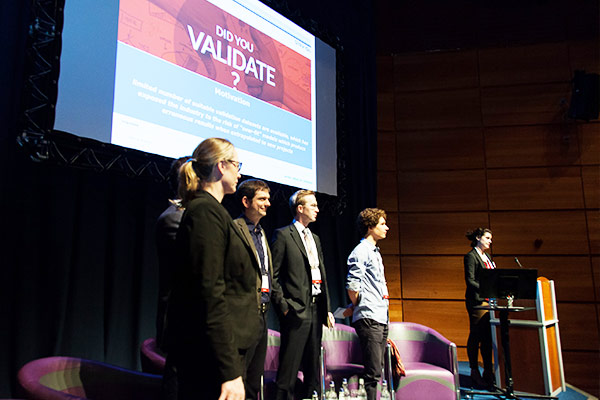
What are the most exciting developments you have seen in the wind industry?
I’m really happy to see the zero-subsidy developments happening in the offshore wind market in Northern Europe, but also similar pledges from some owners and developers to make it work for onshore wind too, particularly in countries where formal support schemes have been removed.
I believe this is an essential step towards maturity and part of the growing pains of any industry. In the end, it will dramatically increase acceptance of wind as a mainstream source of energy capable of contributing substantially towards a sustainable and affordable energy mix.
However, it is important that the bar set for wind energy and other renewables is properly weighted against all the costs that other sources of energy bring to society. Consumers have the right to have transparency on their energy bills, but it’s also important to understand what part of our tax bill is spent in supporting the delivery of energy from other sources, or dealing with the potential consequences of that, such as health & safety and climate change.
What changes would you like to see in the wind industry?
I’m not sure any dramatic changes are needed. I do think that science and industry need to be closer aligned and I would like to see a little bit more commercial focus on some of the research projects being undertaken, namely in supporting the decrease of the levelised cost of energy. However, it is true that science has served the industry well in the past.
As an industry, wind still probably needs a bit of a marketing and communications campaign to win over the hearts and minds of the average citizen. There have been, over the years and in several markets, a number of very loud negative voices against wind. Some of the negative rumours and myths still linger despite the best efforts of companies and organisations. It would probably be beneficial to have a concerted sustained effort over a period of time to debunk these and highlight all the positive aspects of wind energy and renewables in general.
Also we should not look at wind in isolation, we should combine efforts with other sources of renewable energy, storage and increased efficiency in distribution and consumption.
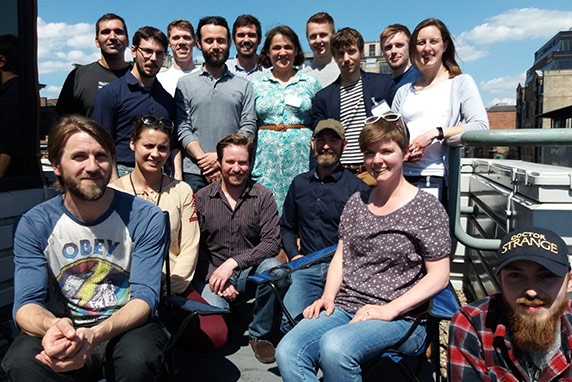
Going forward, what role do you see your organisation playing in the future development of wind energy?
DNV GL will continue to be a top service provider and knowledge sharer. As a global and established consultancy, we have an obligation towards the industry in mining the unique databases that we have, for the benefit and advancement of the industry. We will also continue to provide a strong independent voice in these times of change and challenge, as project reliability is key to building the credibility of the industry.
How has WindEurope membership benefited your organisation?
WindEurope membership has allowed us access to a forum of debate with other industry stakeholders. As a service provider, it is paramount that we listen to the industry’s needs and have an opportunity to contribute in shaping the debate. WindEurope is key to pushing forward the common interests of an industry in a continent with such a diverse mix of markets.
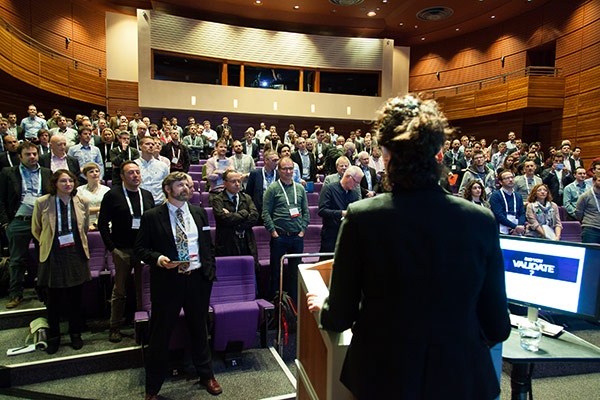
If we look ten years ahead, what do you hope to have achieved?
I’ve been working for DNV GL for the best part of 10 years now, and I’m proud and happy with what the company and I have achieved in the time. Ten years ago, when I joined Garrad Hassan, I was a young engineer joining a relatively small “family feel” company, with dreams of saving the world. Over this time I’ve seen the development of what was then an embryonic industry in markets such as India, Eastern Europe, Turkey, Brazil and Scandinavia, into a solid and established contributor to the energy mix. It is with great pride that I see all the projects that DNV GL and I, personally, have helped to develop around the world.
These days I’m responsible for a team of young dreamers, such as myself, hoping to do the same for the next 10 years. The company has also been through significant change and the scale that we now have gives us a much bigger stage and opportunity to enact the change we want to see in the world. I’ll be happy if the next 10 years are as good as these past ones.

